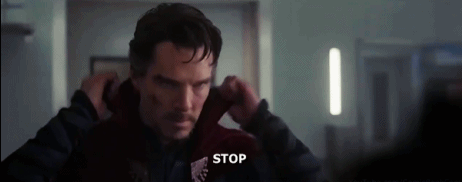
*Bonus points if you did David Bowie's voice when you read the title*
I have moved! I am in a new place with some new things and some not-new things. The city is new (ish - I've lived here before, a decade ago) and I love it! The kids love it; the hubby loves it.
Okay, so lots of love and stuff. But moving is hard.
Obviously, it's physically hard. We already agreed that the next time we move, we are hiring some guys to lift stuff for us. There's a company in town called "College Hunks Moving". They have my vote.

We moved nearly 200 miles, while simultaneously sending kids to day camp, cleaning and selling a house, and working (me from home, hubby from that place he goes to every day). We had two yards to mow, two electric bills to pay, and a metric ton of stuff to transfer, either physically or electronically. Just changing addresses is two full days of work!

Speaking of which, moving is mentally hard. There are so many things to take care of. It's an epic level of adulting that I'm just not sure I want to tackle again without the help of a personal assistant/secretary. I would like to point out, though, that I managed to time mail changes and shipping of deliveries to such a fine point that we missed not a thing!
Well, we did, but that was because our move-in date was delayed a full day due to them updating the floors before we moved in. They made a good choice, but it was a stressful 24 hours, which may or may not have involved me driving a fully loaded moving truck at top speed down a city street, with a car towed behind, while talking to the UPS guy on the phone.

Speaking of THAT - turns out I'm a pretty bad-ass truck driver. Just sayin'. I backed that baby over lawns and around bushes, drove through narrow streets, even took the truck (with car still in tow) around a round-about and through narrow residential streets lined with expensive cars (here-after referred to as residential HELL).
Moving is also emotionally hard. Never mind the surprising ways that memories come flooding back as you pack up a place that has been home for seven and a half years, a place where your children grew up.

There's an emotional tie to such a place that springs up in surprising ways. Like the realization that you won't see another peach harvest from the trees that you planted. Or the way the snakes rustle in the grass, bringing up thoughts of how they keep the mice away. Or the emptiness of rooms as they are cleared out.
Then there's the second stage. After all the packing, lifting, moving, stress, worry, unloading, etc., you still have the maze of boxes that require unpacking. Food stuffs in one box, office supplies in another, two dozen boxes of books (cuz we are all bibliophiles here).

So, a minimum of one box per person gets opened and ostensibly put away every day. We have some furniture to buy, either to replace stuff that didn't make the cut or survive the move (damn you, particle board!), or things we need to make up for the differences in space that we now have vs what we had before.
So, yeah, changes, and moving is hard. But we got everything taken care of, and we are getting it slowly unpacked and put away. Now, I need to go shopping for a new night table!



































